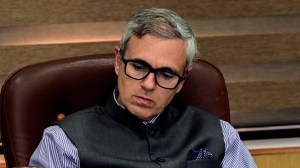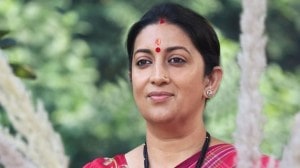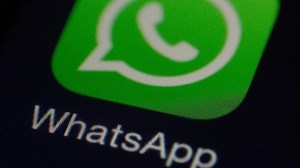USOC may give the job of testing dopers to private agencies
LONDON, Aug 15: An explosion of doping scandals over the past month has prompted a significant acknowledgment in the United States that s...

LONDON, Aug 15: An explosion of doping scandals over the past month has prompted a significant acknowledgment in the United States that sporting federations should not necessarily police themselves.
A spokesman for the United States Olympic Committee (USOC) has said the body was considering handing over drug testing to an outside agency.
He said the proposal, from an advisory body who met over the weekend in Indianapolis, would be considered by the USOC executive committee, possibly at meetings in Phoenix this October.
Confirmation that the USOC was going to ask itself who should guard the guardians came on the same day as a statement from the world cycling governing body UCI, long on rhetoric if short on specifics.
The Tour de France may have been irretrievably tarnished this year when the Festina Team were thrown out after team director Bruno Rousell confessed he had organised doping under medical supervision.
Alex Zuelle and Laurent Dufaux admitted taking the banned hormone Erythropoietin (EPO)and six teams abandoned the race.
In response, the ICU said it would place greater emphasis on frequent blood tests, although it accepted there was as yet not effective test for EPO.
It said, though, that it would work with laboratories in Cologne and Lausanne to determine the existing levels of EPO in a rider.
“This means that, by the middle of next year, we should be in a position to establish where there has been manipulation using exogenous EPO,” the UCI said.
It added: “The UCI is fully aware that its sport has been seriously affected by recent events. It also realises that this attack on the credibility of the sport, which remains no less noble and historic, provides it with a unique opportunity to build new solutions for the future.”
High profile doping cases in athletics and swimming, the two major sports of the Olympic Games, have also featured in the headlines this month as the countdown to the 2000 Sydney Olympics gathers pace.
Track and field, struggling to hold its own againstother more popular sports in the United States, took another battering when prominent American athletes Dennis Mitchell and Randy Barnes tested positive for banned substances.
Ireland’s triple Olympic champion Michelle Smith-de Bruin was banned for four years by the international swimming federation for tampering with a urine sample.
Four Chinese swimmers have been banned for two years after using diuretics at the World Championships in Perth this year.
IOC president Juan Antonio Samaranch has responded by calling a special meeting of his executive board in Lausanne next Thursday in advance of a special world doping conference next January.
But to his many critics, Samaranch is a part of the problem.
The most powerful man in world sport hit the headlines last month when he called for a drastic reduction in the list of banned substances and said performance-enhancing drugs which did not harm athletes’ health should be permitted.
“If true, it’s the most extraordinary thing anyone has even said inelite sport,” said Australian federal sports minister Andrew Thomson, understandably concerned about the possible effect of Samaranch’s statement on efforts to promote the 2000 Games.
Un Yong Kim, president of the general association of international sports federations, attempted this month to widen the debate, claiming sports federations were the only bodies actively fighting illegal drug use.
“It is the only field to have taken on board this fight against the use of banned substances which admittedly enhance the athletes’ performance but are so harmful to the athletes’ health and honour,” Kim wrote in the associations’s letter.
“The conference summoned by the IOC must be supported by the entire world sport movement in order for sport to define its policy and strategy and to demonstrate its unity. “But the conference must also be stretched to the law, science, politics, justice, industry and media so that all these people at last can become aware of the dangers run by sport.”







- 01
- 02
- 03
- 04
- 05
























